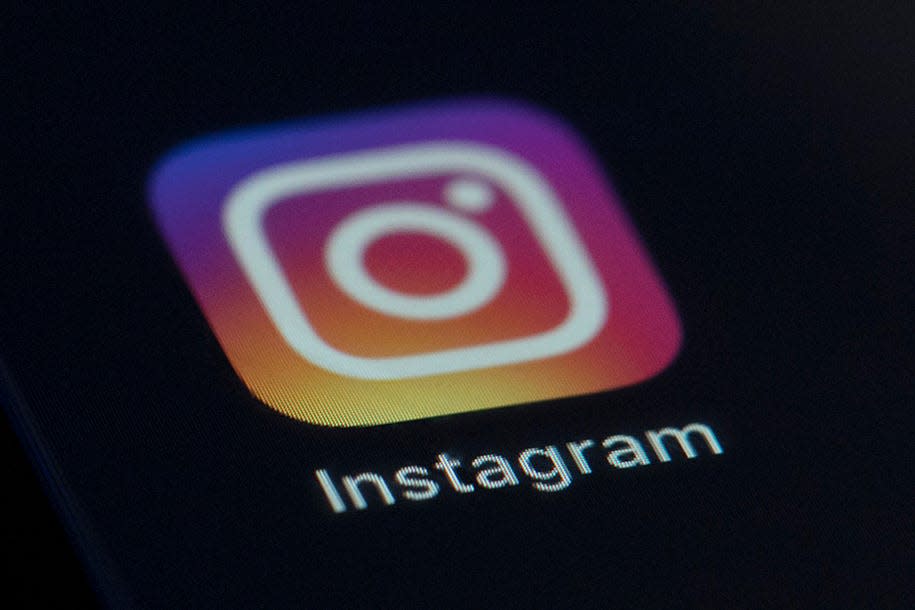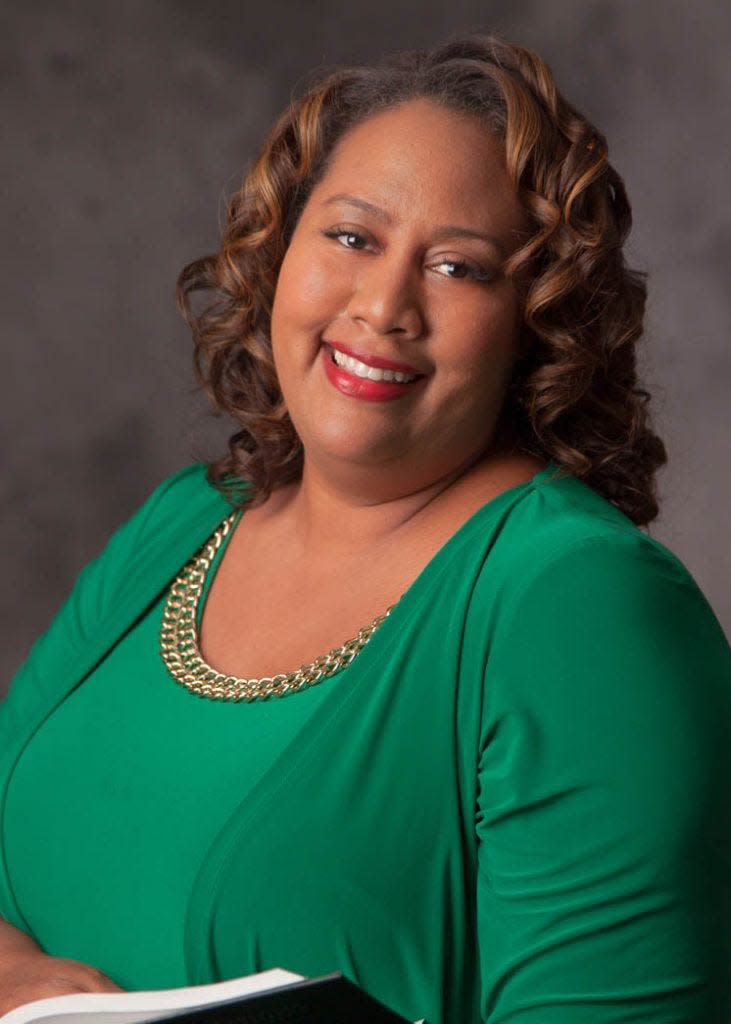Don’t give tweens like my daughter their own Instagram platform. They’re too young.
I have a regret. I regret giving my child a phone in the fifth grade. Ultimately, I was worried about my child feeling isolated because of COVID-19. All the other kids in my child’s class claimed to have one, and I wanted my child to feel connected to others. I wanted to make my child happy.
Perhaps I was impacted by her FOMO (fear of missing out). Besides, I’m a good parent. I would set up all of the privacy settings to restricted. She would only be allowed to connect to a very small group of friends.
At the time, I had not fully considered that the phone would introduce her to social media. I assumed there would be no problem with her having a phone and connecting to friends through TikTok, Roblox and school group chats. Besides, I was going to take the time to monitor her every move.
I was wrong.

Overconfidence in tech and myself
My child is very smart and mature. My child is also a tween, with the developing brain of a tween. I have seen with my own eyes that my child’s mindset now is quite different than at 8 or 9. Research has shown that adolescent brains are developing.

In addition to going through brain development, there is a great deal of emotional development going on. The tween and early teenage years are a vulnerable period. It’s a period where they need more guidance and interaction, not more social media.
My confidence in the privacy settings, the number of kids online and my own parenting gave me a false sense of security. I am slowly learning that I’m not only fighting against cyberbullies and child predators, but social media itself and the adolescent brain. That’s why the 40 attorneys general who signed a letter asking Facebook to abandon its plans to create an Instagram platform for kids was the right call.
The issue of social media and kids is not just about the need for parents to be mindful of what kids do online. It’s an unfair fight to begin with.
I am not trying to pass the buck for my own parenting mistakes. The buck ultimately stops with my husband and me. We have reevaluated and chosen to postpone social media. The problem is children do not exist in a vacuum. If my child’s friends are all on social media, some of what’s impacting them will impact my own child.
The actual problem: Looming Trump ban ruling is a distraction from Facebook's real oversight crisis
The idea of Facebook considering to develop an Instagram for kids under age 13 will certainly be tempting for many. Anytime a billion dollar industry wants to do something for kids, we should all ask, what’s in it for them. Social media generally comes with an agenda, usually to profit off human behavior. The algorithms, engineers, advertisers and other third parties are more than most parents can handle.
Too many adults have been unable to distinguish between propaganda and facts, and some have become radicalized in their worldview. Federal officials have recognized this challenge as they look into dangerous conspiracies on social media and try to prevent instances of domestic terrorism. Do we really believe an adolescent can tell the difference between fantasy and reality when so many adults are failing?
A distraction from childhood itself
Of course, that doesn’t mean I believe social media is evil. I think it’s fair to say I have a mild addiction like most people. Social media is addictive because it was meant to be addictive. Social media can be a welcome distraction from the stress of life. For children it can be a distraction from important things like school, grades and even childhood. Too many times, children will get together in person with friends and start playing on their devices instead of having a conversation.
Facebook claimed in a statement that because kids are already online, the platform wants to help by giving parents visibility and control. As a busy mom, it would be wonderful to believe that Facebook wants to team up with me to help protect my child. I am no longer that naive. The proposal would be geared toward children younger than 13, the very profitable tweens who are very suggestible and love fitting in.
Repairs needed: Despite Facebook ban of Donald Trump, social media remains a mess. Here's how to fix it.
Thirteen is when many children are dealing with school, puberty and insecurity. In fact, studies have shown a correlation between depressive symptoms and social media. Issues surrounding low self-esteem, anxiety, self-harm and suicide are real concerns for adolescents, and living during a pandemic is making it easier for them to spread.
Adding unrealistic images of beauty and perfection that Instagram is known for seems like a recipe for disaster.
Njeri Mathis Rutledge, a professor of law at South Texas College of Law Houston and a member of USA TODAY's Board of Contributors, is a former prosecuting attorney, a wife and a mother. She graduated from Spelman College and Harvard Law School. Follow her on Twitter: @NjeriRutledge
You can read diverse opinions from our Board of Contributors and other writers on the Opinion front page, on Twitter @usatodayopinion and in our daily Opinion newsletter. To respond to a column, submit a comment to letters@usatoday.com.
This article originally appeared on USA TODAY: Facebook, Instagram, social media can rob kids of their own childhoods

